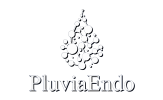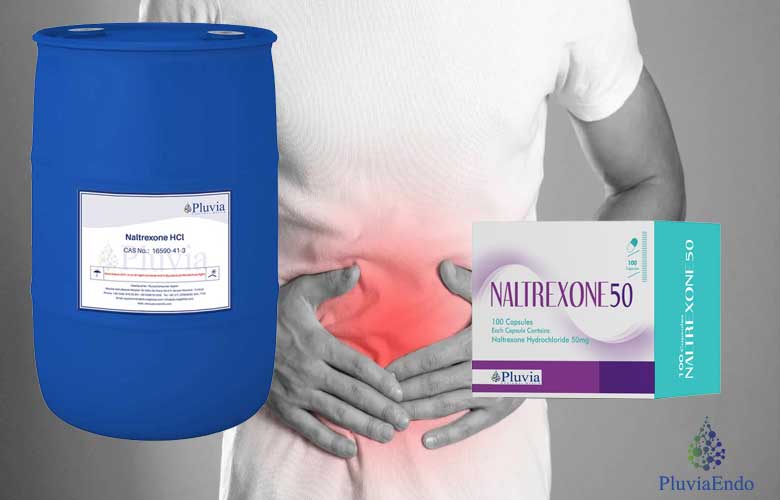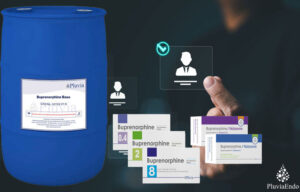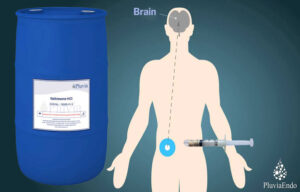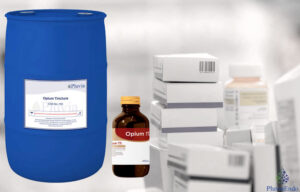Constipation is a prevalent gastrointestinal issue that affects millions of people worldwide, leading to discomfort, abdominal pain, and a significant decrease in quality of life. While various treatment options are available, low-dose naltrexone (LDN) has emerged as a potential therapy for managing certain types of constipation. As a pharmaceutical manufacturer, Pluvia Endo is proud to offer Naltrexone 50 mg and Naltrexone HCl API to support healthcare professionals in addressing this condition effectively.
LDN and Its Mechanism of Action
Low-dose naltrexone is a unique treatment approach that utilizes the opioid antagonist naltrexone at much lower doses than those typically prescribed for opioid addiction. At these low doses, LDN temporarily blocks opioid receptors. This action stimulates the body to produce higher levels of endorphins, which are natural opioid-like substances that help reduce inflammation and pain.
The mechanism of LDN is particularly interesting because it operates differently than traditional medications. While conventional treatments for constipation often focus on direct stimulation of bowel movements, LDN may address underlying issues that contribute to constipation. By reducing inflammation and modulating the immune system, LDN may improve gut function and motility, leading to more regular bowel movements.
LDN and Constipation
One area where LDN may be particularly beneficial is in managing opioid-induced constipation (OIC). Opioid medications, commonly prescribed for pain relief, can cause constipation in a significant percentage of long-term users. This side effect occurs because opioids bind to receptors in the gastrointestinal tract, slowing down bowel motility and leading to harder stools.
Traditional treatments for OIC include laxatives, stool softeners, and peripherally selective opioid antagonists like methylnaltrexone bromide or naloxegol. However, these options may not be effective for all patients and can sometimes lead to unwanted side effects.
In some cases, LDN may offer an alternative approach by helping to restore normal gut function. This can reduce the need for higher doses of opioid medications. By blocking opioid receptors in the gut, LDN may help reverse the constipating effects of opioids. This allows patients to manage their pain without compromising their gastrointestinal health.
LDN and Inflammatory Bowel Disorders
Irritable bowel syndrome (IBS) and inflammatory bowel diseases (IBD), such as Crohn’s disease and ulcerative colitis, are other conditions where LDN may play a role in managing constipation. These disorders often involve inflammation and immune system dysregulation, which can lead to altered gut motility and constipation.
Patients with IBS frequently experience a range of symptoms, including abdominal pain, bloating, and changes in bowel habits, which can include constipation. The inflammation associated with IBD can also disrupt normal gut function, leading to constipation or diarrhea. Some studies have suggested that LDN may help reduce inflammation and improve symptoms in patients with IBD, potentially leading to better bowel regularity.
Initial findings indicate that LDN may be a valuable addition to the treatment options for managing constipation associated with inflammatory bowel disorders. However, more research is still needed to fully understand the effects of LDN on these conditions. By addressing the underlying inflammation and immune dysregulation, LDN may help restore normal bowel function and improve overall patient outcomes.
Considerations and Limitations
It’s essential to recognize that while LDN shows promise in managing certain types of constipation, it is not a one-size-fits-all solution. Individual responses to LDN can vary significantly, and it may not be effective for all patients. Additionally, LDN does not replace traditional constipation treatments. Healthcare providers should consider dietary changes, exercise, and laxatives as essential components of a comprehensive management plan.
Healthcare professionals should also be aware of potential side effects associated with LDN. While many patients tolerate LDN well, some may experience mild side effects such as insomnia, vivid dreams, or gastrointestinal discomfort. These side effects are transient and may resolve with continued use or dose adjustments.
As a pharmaceutical manufacturer, Pluvia Endo is committed to providing high-quality naltrexone products, including naltrexone 50 mg and naltrexone HCl API. Our goal is to support healthcare professionals in effectively managing constipation and other gastrointestinal conditions. By offering these products, we aim to contribute to the ongoing research and development of effective treatments for patients struggling with these issues.
The Future of LDN in Constipation Management
The growing interest in LDN and constipation treatment reflects a broader trend toward exploring novel therapeutic approaches in medicine. As research continues to emerge, we may see more evidence supporting the use of LDN in different patient populations and for various gastrointestinal issues.
Healthcare providers are encouraged to stay informed about the latest developments in LDN research. They should consider LDN as a potential option for patients who have not found relief with traditional treatments. As more clinical data becomes available, the understanding of LDN’s role in constipation management will continue to evolve. This progress will pave the way for more personalized and effective treatment strategies.
Conclusion
Low-dose naltrexone (LDN) shows promise as a potential therapy for managing certain types of constipation. LDN is particularly promising for managing constipation associated with inflammatory bowel disorders or opioid-induced constipation. While more research is needed to fully understand its efficacy and mechanisms, the unique action of LDN makes it an intriguing option. This potential invites further exploration and consideration in treatment plans. Healthcare professionals may find it beneficial to explore this treatment further. Healthcare professionals should consider it as a potential treatment for their patients. Its ability to modulate the immune system and reduce inflammation further enhances its appeal as a treatment option.
Overall, while LDN offers a promising alternative, more robust clinical evidence is needed to support its widespread use for constipation management.
Pluvia Endo is a pharmaceutical manufacturer that proudly offers naltrexone 50 mg and naltrexone HCl API. These products support healthcare professionals in addressing constipation and other gastrointestinal conditions. By providing high-quality products, we aim to contribute to the advancement of treatment options for patients in need. Additionally, we support ongoing research to enhance these treatment options further. Through collaboration with healthcare providers, we hope to improve the lives of those affected by constipation and related gastrointestinal disorders.

